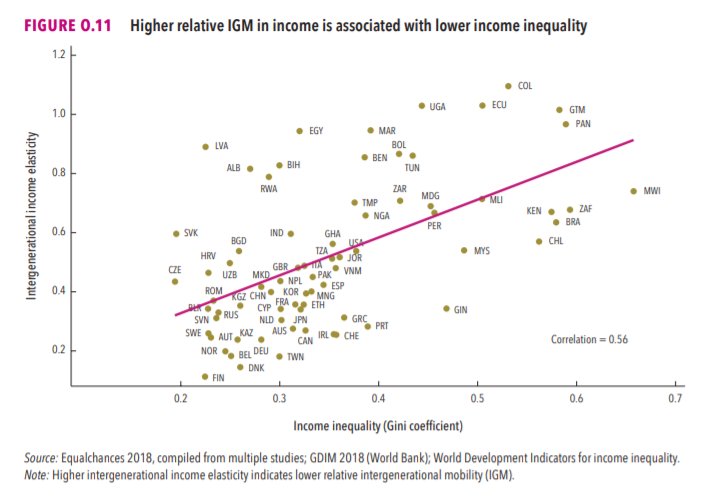How they do this ?
Let's talk about some of our festivals -
- On Shivratri, they will say that rather than offering the milk to 'भगवान शिव', distribute it among the poor.
- They will raise the issue of water conservation on Holi.
(2/14)
They won't say about water conservation and feeding the poor the whole year but suddenly awakens during Holi and Shivratri.
- They say that Karwa chauth is a patriarchal and misogynist festival!
(3/14)
- On Diwali, they will ask people not to burn crackers but they will not ask people to avoid burning crackers on New Year day, may be because according to them crackers burnt on New Year day doesn't causes pollution!
(4/14)
On diwali 👇 On Christmas 👇
-Those people won't talk about women empowerment for the whole year, but their selective activism starts during Navratri!
(5/14)
- On rakshabandhan in 2020, PETA india shared a poster asking people to go leather-free.
I haven't heard of leather rakhis & if they were sharing the poster generally, then what was the need to share it on the day of festival of a religion who consider cow as their mother?
(6/14)
Another way those people use to target Hinduism is by creating a caste divide among Hindus.
We know that majority of the crime incidents doesn't take place due to caste difference.
(7/14)
Whenever those people finds out that the victim is a dalit or a tribal, then they specifically mentions the caste of the victim to create a perception in the minds of people from dalit and tribal community, that they are oppressed by upper caste people!
(8/14)
In present times, many people watch webseries and movies on OTT platforms, but these platforms have became a platform to defame Hinduism too!!
This is one of the example 👇
(9/14)
These are few ways in which hinduism is attacked under the name of secul@rism and activism!
(which are actually pseudo-secul@rism and selective activism).
And those who try to expose such people are regarded as bhakts, hindu supermascists, hindu extremists, etc.
(10/14)
Now the people who are influenced the most by the above mentioned factors are those lying in the age group of 16/17 to 21/22.
This is an age group, when a person is most likely to shape his/her ideology..
(11/14)
.. and he/she can be easily diverted towards the wrong side if he/she lacks knowledge!
Foundation stone should be laid properly because once a building is raised, you cannot alter the foundation stone.
(12/14)
We need to educate children about sanatan dharma from early childhood.
We need to tell them about our history and significance of our rituals and festivals.
We should encourage them to read our holy scriptures (starting with Shrimad Bhagavad Geeta).
(13/14)
These are few ways which will provide a strong base to the children over which they will be able to raise the building of their ideology and that would help them to differentiate between right and wrong!
(14/14)




